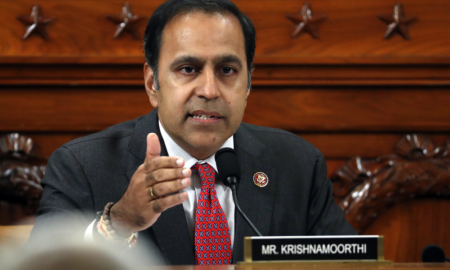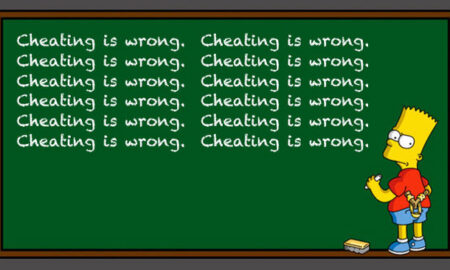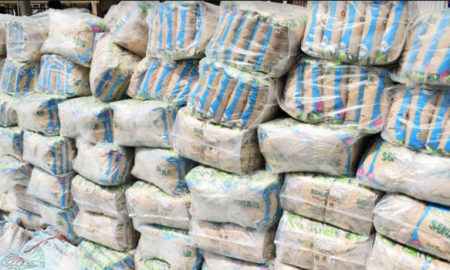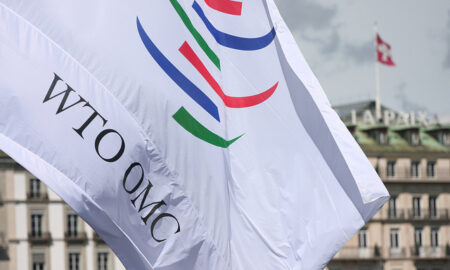-
Program Helps Level Field for U.S. Sugar Producers
(Rep. Raja Krishnamoorthi) – President Joe Biden has made strengthening domestic manufacturing and production a key element of his economic...
Chuck MuthSeptember 6, 2021 -
The Case Against Outsourcing U.S. Sugar Jobs to Foreign “Cheaters”
(Chuck Muth) – A couple dozen members of the U.S. Senate and House, led by Sens. Jeanne Shaheen (D-NH) and Pat...
Chuck MuthAugust 13, 2021 -
Zombie Sugar Bill Rises Again from the Crypt
(Chuck Muth) – COVID surge. Border crisis. Rising inflation. Dropping stock prices. Middle East flare-ups. Losing Afghanistan. Criminal violence in major...
Chuck MuthAugust 4, 2021 -
New Study: Indian Sugar Subsidies Have Cost Australian Growers $1 Billion
(Chuck Muth) – Green Pool Commodity Specialists – an independent, privately-owned company in Australia which specializes in global sugar market analysis...
Chuck MuthJuly 21, 2021 -
Vietnam Case Study: The High Price of Sugar Subsidy Cheating
(Chuck Muth) – Thailand is one of the world’s biggest sugar producers. It also heavily subsidizes its sugar industry – to...
Chuck MuthJuly 7, 2021 -
The Excessive Cost of Sugar Industry Regulations
(Chuck Muth) – Dr. Karim Khan is an Associate Professor at the Pakistan Institute of Development Economics (PIDE) in Islamabad. And...
Chuck MuthJune 2, 2021 -
WTO Allowing Trade Cheats to Hide Their Cheating
(Seton Motley | Less Government) – Unlike the United Nations and World Health Organization, the World Trade Organization (WTO) can and...
Chuck MuthMay 10, 2021 -
WTO Irritated by Widespread Failures to Report Government Subsidies
By Chuck Muth, President, Citizen Outreach The World Trade Organization’s (WTO) “Committee on Subsidies and Countervailing Measures” (SCM) met for its...
Chuck MuthMay 4, 2021 -
How to Make the Global Sugar Market Free AND Fair
By Chuck Muth, President, Citizen Outreach A pair of recent news stories demonstrates the danger to the domestic U.S. sugar market...
Chuck MuthApril 21, 2021 -
How to Fix the “Highly Dysfunctional” Global Sugar Market
By Chuck Muth, President, Citizen Outreach Gerard Scimeca of Consumer Action for a Strong Economy (CASE) inked a column over the...
Chuck MuthMarch 29, 2021












